Hassan Nasrallah: A Leader's Legacy in Hezbollah and Beyond
On September 27, 2024, the political landscape of Lebanon and the broader Middle East was significantly impacted by the death of Hezbollah's leader, Hassan Nasrallah. In an Israeli air attack on Beirut, Nasrallah was killed—an event that has prompted uncertainty across the region following a high-level security consultation led by Israeli Prime Minister Benjamin Netanyahu. The operation was launched an hour before Netanyahu addressed the United Nations, marking a pivotal moment in Israel’s ongoing conflict with Hezbollah. Israeli leaders had reportedly been aware of Nasrallah's location for several months, acting on what was considered a narrow window of opportunity before he relocated. This led to a swift operation involving over 80 bombs being dropped within minutes, according to three senior Israeli defense officials.
Nasrallah’s influence extended beyond Lebanon, affecting the wider Arab world. Leading Hezbollah for 32 years, he transformed it from a grassroots militia into a significant political and military force. His leadership after the 2006 war with Israel drew considerable attention in Lebanon and the Middle East. Nasrallah’s support for President Bashar al-Assad’s regime during the Syrian civil war in 2012 changed perceptions of Hezbollah’s role in the region, bringing criticism from Sunni-majority Arab nations and highlighting sectarian divides.
Nasrallah's reputation was also affected by allegations linking Hezbollah to the 2005 assassination of Lebanon’s former Prime Minister Rafik Hariri. Although Nasrallah denied involvement, an international tribunal indicted four Hezbollah members, with one ultimately convicted. He retained strong support among Lebanon’s Shia population, who saw him as both a political and religious figure.
Born in 1960 in East Beirut, Nasrallah’s journey began during the Lebanese Civil War, initially joining the Shia political movement Amal before co-founding Hezbollah in 1982 with Iranian backing. As Hezbollah’s third secretary-general, he rose to prominence following the death of his predecessor, Abbas al-Musawi, in an Israeli airstrike in 1992.
Nasrallah’s leadership style was marked by his ability to communicate in colloquial Arabic, which resonated with Lebanon’s Shia community and strengthened his influence. Under his leadership, Hezbollah entered Lebanon’s political sphere, contesting elections for the first time in 1992. Nasrallah argued that Hezbollah’s military wing was essential for Lebanon’s defense against Israel, a stance that drew both support and criticism within Lebanon. Detractors pointed to Hezbollah's military strength as a destabilizing factor.
In 2019, Nasrallah faced backlash as Hezbollah clashed with protesters during Lebanon’s demonstrations for political reform, impacting his image as a defender of the Lebanese people's rights. His critics accused him of prioritizing Tehran’s interests over Lebanon’s, deepening the divide between his supporters and detractors.
Nasrallah’s assassination occurred amidst heightened regional tensions. In October 2023, Hezbollah opened a front against Israel, supporting Hamas as fighting escalated in Gaza. Hezbollah sustained losses in the ongoing conflict, while Nasrallah remained active until his death. Hezbollah’s next steps, including the selection of a new leader, will be closely watched for their impact on Lebanon and the region.
Source : Al Jazeera, BBC
Disclaimer
The views expressed in this article are the author’s own and do not necessarily mirror Islamonweb’s editorial stance.

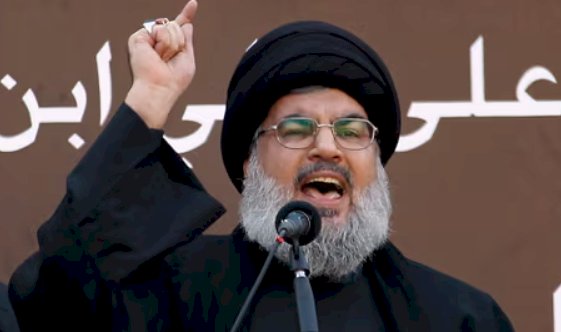


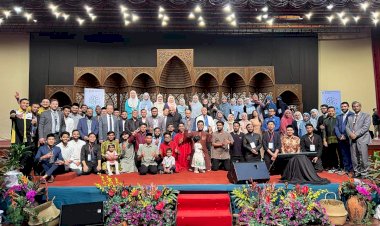
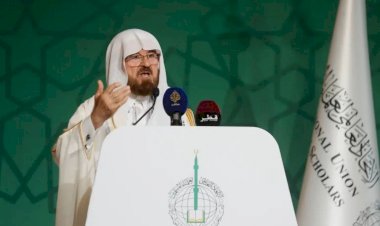
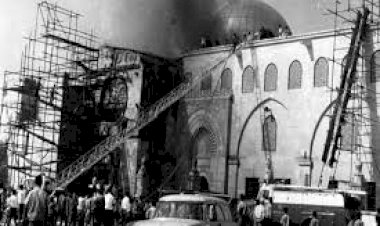

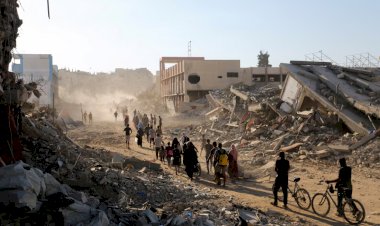















Leave A Comment